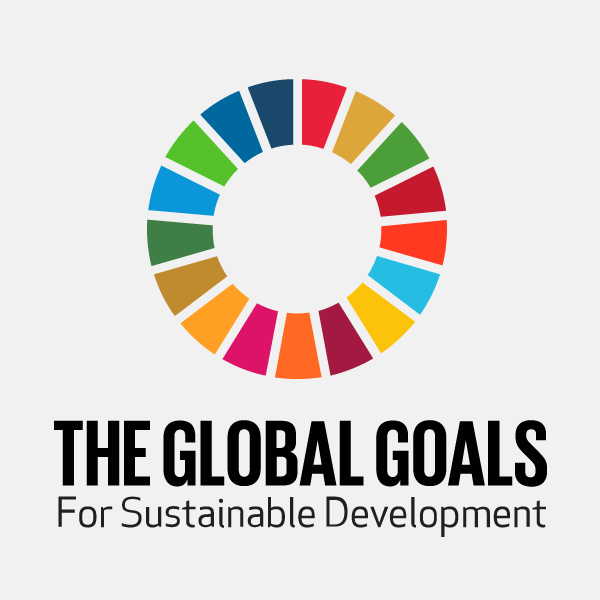UNICEF WASH Chief Shares Thoughts on SDGs

The 2030 Agenda for Sustainable Development has set us on a new course towards universal, sustainable and inclusive access to WASH. What does this mean for the world’s children? Is this just a continuation of the MDG agenda, or is it something radically different?
These are some of the questions Sanjay Wijesekera, Chief of Water, Sanitation, and Hygiene at UNICEF, sought to answer in his guest lecture hosted by SHARE and LSHTM before Christmas.
With around 100 staff, students, academics, and WASH professionals in the room, it was clear that this was a unique opportunity to hear such a key player in the sector discuss the unparalleled potential of SDG 6 – ensure availability and sustainable management of water and sanitation for all – to improve the lives of women and children around the world.
From the MDGs to the SDGs: What’s the difference?
Although much was achieved thanks to the MDGs, Sanjay alluded to the unfinished business that still remains, and explained that this is what the first six SDGs seek to address. He emphasized that where the SDGs are different is in their vision and ambition. Rather than targeting the so-called ‘low-hanging fruit’, the SDGs instead aim to ensure that everyone, everywhere benefits from the aspirational Goals. Likewise, rather than encouraging somewhat of a siloed focus, the SDGs instead seek to capitalise on the incredible potential that greater inter-sectoral and integrated working. Universality, interconnectedness and sustainability are thus the buzzwords.
The WASH goal, with its commitment to end open defecation, for example, highlights quite how far the international community has come since the MDGs. Thanks to a lot of strong, technical arguments, and concerted advocacy, this previously taboo issue is now front and central in the Goal.
Another key difference Sanjay noted was the process pursued to formulate these goals. Whereas the MDGs were for the most part negotiated privately by institutions in developing countries and consequently took a while to attain buy-in from developing countries’, the SDGs were very much a collaborative and global effort which puts developing countries’ governments in the driving seat as primary spenders and change drivers.
Challenges and Opportunities
As with many development organisations, UNICEF is currently realigning its global WASH strategy to reflect the new focus of the SDGs, and Sanjay shared some of his thoughts on what the WASH (and the development sector at large) can and should be doing differently in the SDG era. These included: a concerted focus on health systems strengthening, and monitoring that drives results. He closed by highlighting some innovative projects UNICEF has been leading, lessons from which could help those working to deliver the WASH SDG.
Audience Reflections
Following a note of thanks from Dr Val Curtis, Director of the Environmental Health Group at LSHTM, a dynamic audience discussion ensued with questions relating to:
- How organisations like UNICEF can support innovative research
- The need to look beyond RCTs and employ more innovative research methodologies
- How researchers can ensure their findings reach practitioners such as UNICEF
- Issues of governance and accountability in the SDG era
- How tradition silos between UN agencies can be overcome
- How the practical challenges of SDG attainment (which will necessitate a shift from project-driven working to more collaborative and system change-driven processes) should be addressed
